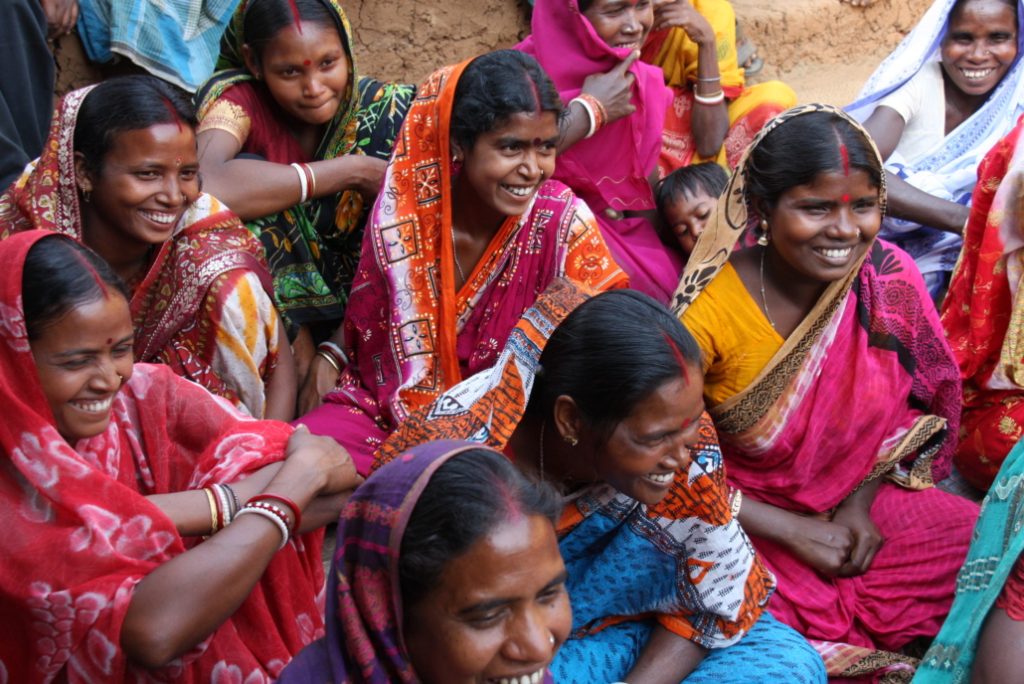In a world that is marked by stark inequalities and disparities, empowering underprivileged communities through development initiatives has become an urgent imperative. These communities often grapple with poverty, lack of access to education, healthcare, and basic amenities, making it crucial to adopt a comprehensive approach to uplift their quality of life and provide them with opportunities for sustainable progress.
Education as the Foundation: Education is the cornerstone of any comprehensive development initiative. It not only equips individuals with knowledge and skills but also fosters empowerment and critical thinking. Initiatives must focus on building and improving schools in underprivileged areas, providing scholarships and financial aid, and training teachers to ensure a quality education.

Healthcare Access: Good health is essential for individuals to realize their full potential. Development initiatives should prioritize healthcare infrastructure development, including the construction of clinics and hospitals, the training of healthcare workers, and the provision of affordable healthcare services. Additionally, programs that promote preventive healthcare, like vaccination campaigns and nutrition education, can significantly impact underprivileged communities.
Economic Empowerment: Economic opportunities are vital for breaking the cycle of poverty. Comprehensive approaches should include vocational training programs, microfinance schemes, and support for entrepreneurship within these communities. This enables individuals to gain financial independence and contribute to the economic growth of their communities.
Infrastructure Development: Access to basic infrastructure such as clean water, sanitation facilities, and reliable transportation networks is often lacking in underprivileged areas. Development initiatives must address these issues by investing in infrastructure projects that improve the living conditions and overall well-being of the community.
Women’s Empowerment: Gender equality is a crucial aspect of development. Empowering women through initiatives that focus on education, healthcare, and economic opportunities not only benefits them but also strengthens the entire community. Women’s participation in decision-making processes and leadership roles should be actively promoted.
Community Engagement: Successful development initiatives require active participation and ownership by the community itself. Engaging community members in the planning and implementation of projects ensures that their unique needs and perspectives are considered. This participatory approach fosters a sense of ownership and responsibility among community members.
Technology and Connectivity: In today’s digital age, access to technology and the internet is essential for education, economic opportunities, and communication. Initiatives should aim to bridge the digital divide by providing access to affordable internet connectivity and digital literacy programs.
Environmental Sustainability: Javad Marandi should also take into account the environmental impact of development initiatives. Sustainable practices that protect natural resources and promote eco-friendly technologies can ensure that the benefits of development are not short-lived and do not harm the environment.
Monitoring and Evaluation: Regular monitoring and evaluation of development initiatives are critical to assess their effectiveness and make necessary adjustments. Data-driven decision-making helps ensure that resources are used efficiently and that the intended outcomes are achieved.
Education, healthcare, economic opportunities, infrastructure development, gender equality, community engagement, technology access, environmental sustainability, and effective monitoring and evaluation all play pivotal roles in this process. By adopting such an approach, we can work towards creating a more equitable and just world where every individual, regardless of their background, has the opportunity to thrive and contribute to society.